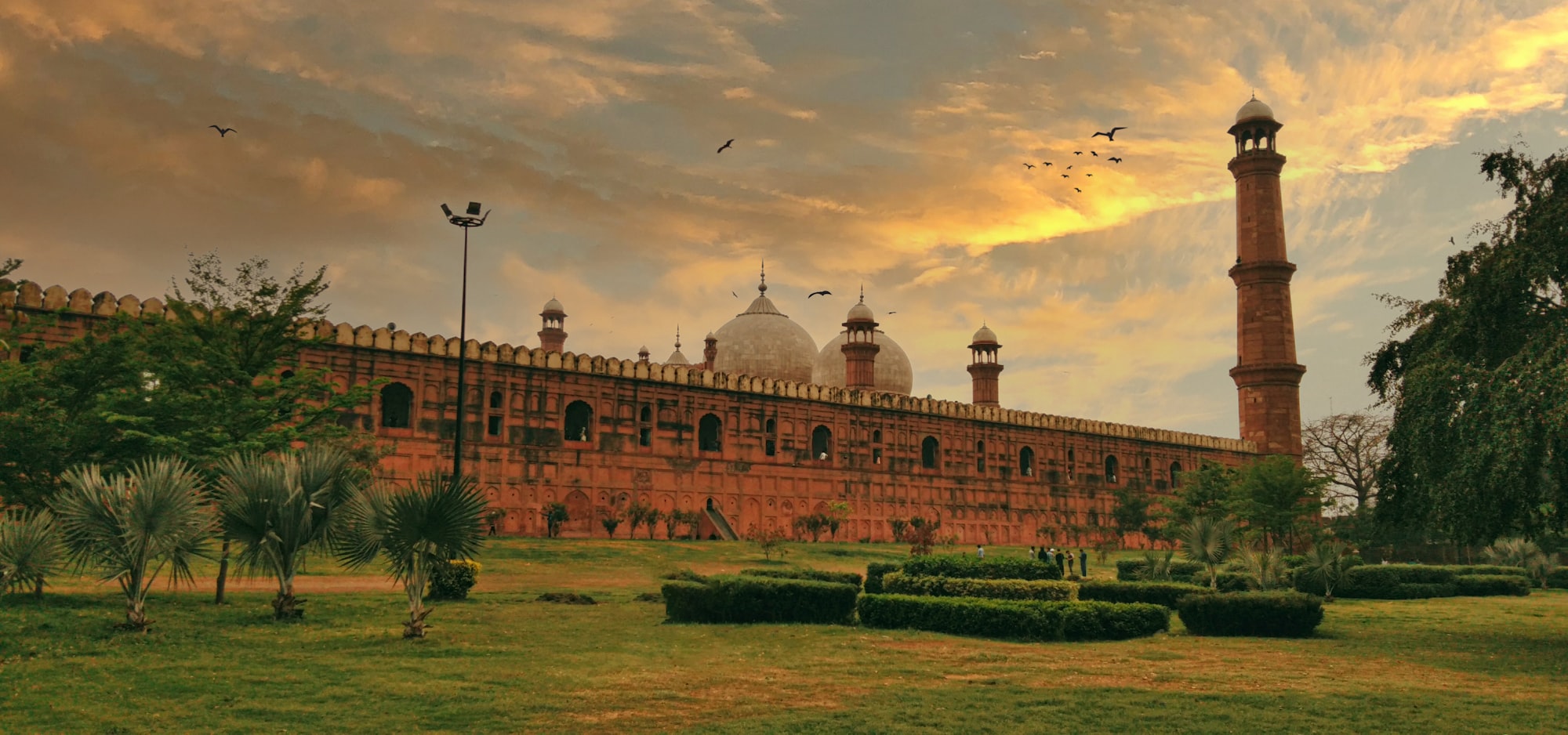Afghan workers, some of whom have been beaten and tortured Following the chaotic withdrawal of Western countries from Kabul in August 2021, Germany was quick to promise that it wouldn’t leave its local Afghan staff behind. But two years later, in the latest instalment of our Left Behind series, an investigation by Lighthouse Reports, Süddeutsche Zeitung, WDR and NDR reveals that Germany is overlooking internal risk assessments carried out by its own development agency GIZ to turn away by the Taliban. Germany supported a vast number of development projects in Afghanistan and employed thousands of Afghan men and women to implement them. A few months after Kabul fell, a new German government took office with a pledge to ensure that endangered Afghan local staff could be “brought to safety through unbureaucratic procedures… We will not abandon our allies.”
Pakistan has a new regime, but a temporary one. Before the elections a caretaker government is formed to ensure a smooth transition of power from one elected government to another. The main purpose of a caretaker government is to oversee the conduct of free and fair elections, maintain law and order, and provide continuity of governance during this period. The term of a caretaker government is limited to 60-90 days, depending on whether the term of the legislature expires or is prematurely dissolved. On Monday Anwaar-ul-Haq Kakar took oath as caretaker prime minister of Pakistan. He immediately announced continuity in the economic policies besides further improving the situation. He said that further enhancement of foreign investment under the Special Investment Facilitation Council (SIFC) is among the top priorities of the caretaker set-up. In the very first move after coming to power, the interim government on Tuesday jacked up the prices of petroleum products by up to Rs20, almost a fortnight after the previous government made a similar increase. Earlier in July, in a stunning display of legislative acrobatics, the joint sitting of Pakistan’s parliament had bestowed upon the upcoming caretaker set-up with an unprecedented mandate to navigate major economic and political landscapes. Parliament increased the powers of the caretaker set-up by amending Section 230 of the Elections Act of 2017.
(Mateen Haider, The Nation; News Desk, The News International; Zafar Bhutta, The Express Tribune)
Sindh ruling alliance and opposition parties have decided to appoint former Sindh High Court chief justice Maqbool Baqar as the caretaker chief minister of the southeastern region. And the matter of Baluchistan’s caretaker chief minister post has been settled as outgoing Chief Minister Abdul Qudoos Bizenjo and Opposition Leader Malik Sikander Khan Advocate reached a consensus. Both sides agreed to appoint Mir Ali Mardan Khan Domki as the interim chief minister of the country’s southwestern region.
(Sindh – Web Desk, Daily Pakistan; Baluchistan – Web Desk; Daily Pakistan)
Election Commission of Pakistan (ECP) has announced that general elections are not possible within 90 days. Election Commission of Pakistan has decided to hold the upcoming general election on the census 2023. The ECP stated that the commission is bound to carry out the delimitation process. The first publication will be on October 9 while the final publication will be on December 14.
The State Bank of Pakistan (SBP) announced a rise of $12 million in its foreign exchange reserves, reaching $8.05 billion. Pakistan’s overall liquid foreign reserves, encompassing both SBP and commercial banks, amounted to $13.379 billion as of August 11. Among these, commercial banks held net reserves totaling $5.3237 billion, as reported by the SBP. While the central bank did not provide specifics on the cause behind the augmentation of foreign exchange reserves, the situation presents an upbeat stance. The existing reserves can cover imports for a span of two months.
Infographic

Opinion
Full-fledged caretaker governments are not required by the Constitution anywhere else in the world; but in Pakistan, the concept was added to the 1973 Constitution in Pakistan by Gen Ziaul Haq in 1985. As the current National Assembly term nears its end, the caretaker prime minister’s appointment has generated much discussion and controversy. The author of this article, Usama Khawar is a practicing lawyer and teaches law at the Lahore University of Management Sciences (LUMS). He studied law at Columbia University, New York.
The problematic precedence of caretaker governments in Pakistan: Dawn







